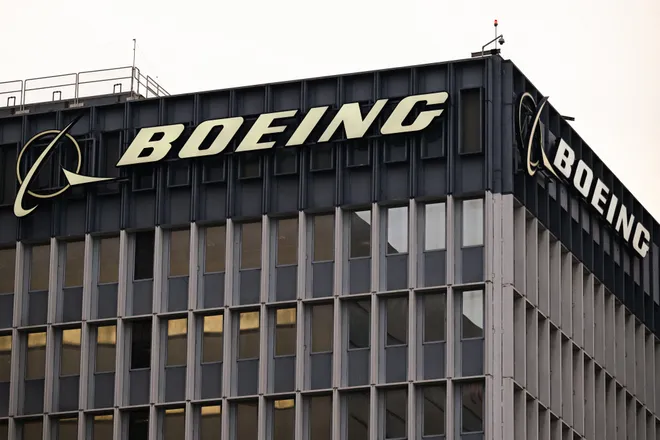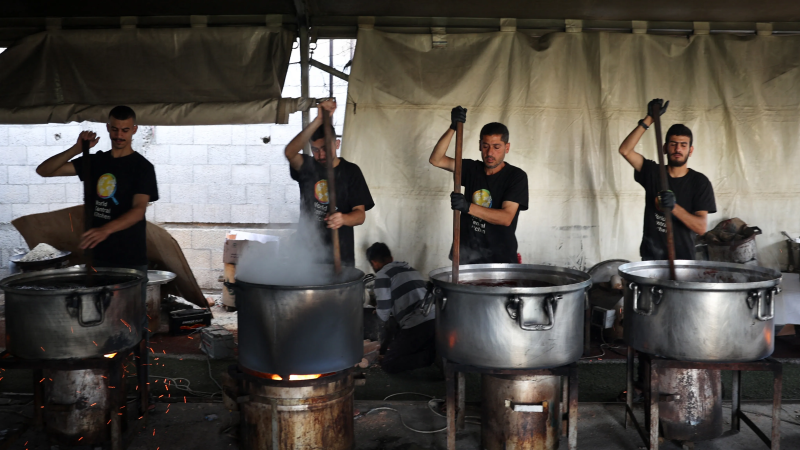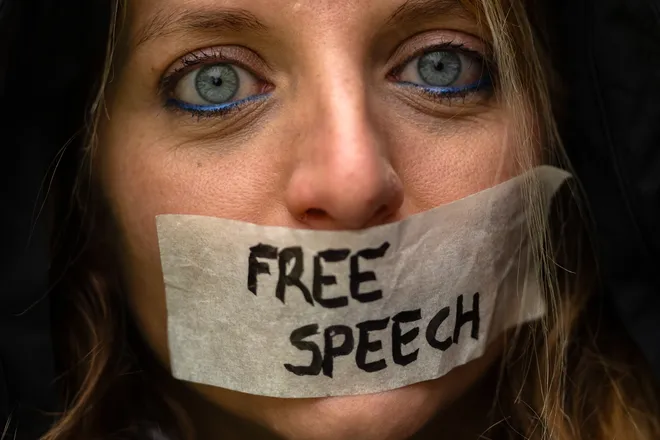What's a whistleblower? Key questions about employee protections after Boeing supplier dies
Questions remain following the death of a Kansas man who worked for Boeing supplier Spirit AeroSystems, including why he's being considered a "whistleblower."
Joshua Dean, a former quality auditor for Spirit AeroSystems, died Tuesday in Witchita, Kansas at the age of 45 after an infection spread throughout his body, the Seattle Times reported.
Before Dean's death, he was one of the initial whistleblowers who alleged that Spirit's leadership failed to acknowledge the deficiencies in Boeing's 737 MAX airliners. He would give a deposition in a shareholder suit filed in 2023 and issue a complaint with the Federal Aviation Administration.
“Our thoughts are with Josh Dean’s family. This sudden loss is stunning news here at Spirit and for his loved ones,” Spirit said in a statement.
Dean's efforts and death have put a spotlight on whistleblowing. Here's what you need to know.

What does being a whistleblower mean?
The National Whistleblower Center defines a whistleblower as "someone who reports waste, fraud, abuse, corruption, or dangers to public health and safety to someone who is in the position to rectify the wrongdoing."
"A whistleblower typically works inside of the organization where the wrongdoing is taking place; however, being an agency or company 'insider' is not essential to serving as a whistleblower," according to the center. "What matters is that the individual discloses information about wrongdoing that otherwise would not be known."
How are whistleblowers protected?
The U.S. contains dozens of laws at the federal, state and local levels that offer various protections and rewards for whistleblowers, the center said.
"This complex legal framework is the leading influence on whistleblower laws around the globe, which continue to rise in adoption and popularity," the Washington, D.C.-based nonprofit said.
Whistleblowers typically have the legal right to keep their identities confidential when providing evidence of wrongdoing to authorities, something the center said is a "key protection" and "critical safeguard."
"Preventing those accused of wrongdoing from learning the identities of whistleblowers is perhaps the best way of ensuring that the whistleblowers will not be retaliated against for disclosures that benefit society," according to the center.
While confidentiality is common when it comes to whistleblowing, it does not apply to every instance, the center said. Even when a whistleblower's identity is confidential, the accused people or entities can infer who they are based on evidence given to them.

Is whistleblower retaliation a crime?
An employer or company cannot retaliate against an individual for exposing corruption or wrongdoing due to the U.S. Department of Labor's whistleblower protection laws.
Examples of retaliation could include firing or laying off, demoting, denying overtime or promotions or reducing pay or hours, according to the U.S. Department of Labor.
Five agencies with the Department of Labor enforce whistleblower and anti-retaliation laws.
- Occupational Safety and Health Administration (OSHA): For general workers/employees
- Mine Safety and Health Administration (MSHA): For mine operators
- Office of Federal Contract Compliance Programs (OFCCP): For employees of federal contractors and subcontractors
- Wage and Hour Division (WHD): For the general workforce
- Veterans’ Employment and Training Service (VETS): For U.S. veterans, service members and their spouses

What is an example of whistleblowing?
Aside from Dean's actions, other well-known examples of whistleblowing include:
- Daniel Ellsberg: The former military analyst leaked the Pentagon Papers, a secret account of the Vietnam War, to the New York Times in 1971.
- Chelsea Manning: The former U.S. Army intelligence analyst leaked the largest set of classified documents in American history, primarily published by Julian Assange's site WikiLeaks. The leak included documents detailing the detention, abuse, and torture of prisoners.
- W. Mark Felt (Deep Throat): The secret informant to legendary Washington Post reporters, Bob Woodward and Carl Bernstein, when they broke the Watergate scandal aimed at former President Richard Nixon in 1972.
- Frank Serpico: A former plainclothes detective who became the first police officer in U.S. history to openly testify about corruption in the New York Police Department.

Do whistleblowers get paid?
Since 2011, law enforcement agencies implementing financial incentive programs have collected $43.4 billion for the benefit of taxpayers and investors and paid nearly $6.7 billion in rewards to whistleblowers, according to the National Whistleblower Center.
Some of the programs, which are not limited to only U.S. citizens, include:
- The False Claims Act: Requires whistleblowers to be paid between 15 and 30% of the government's monetary sanctions collected if the individual assists in the prosecution of fraud in connection with government contracting or other government programs.
- The Dodd-Frank Act: Requires whistleblowers to be paid between 10 percent and 30% of monetary sanctions collected if they assist with the prosecution ofsecurities and commodities fraud.
- The IRS whistleblower law: Requires whistleblowers to be paid 15 to 30% of monetary sanctions collected if they assist with the prosecution of a tax fraud case.
Disclaimer: The copyright of this article belongs to the original author. Reposting this article is solely for the purpose of information dissemination and does not constitute any investment advice. If there is any infringement, please contact us immediately. We will make corrections or deletions as necessary. Thank you.





